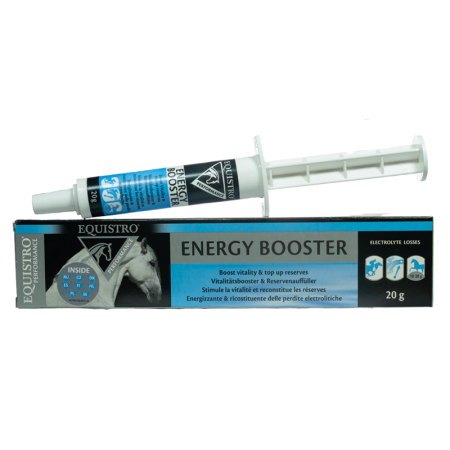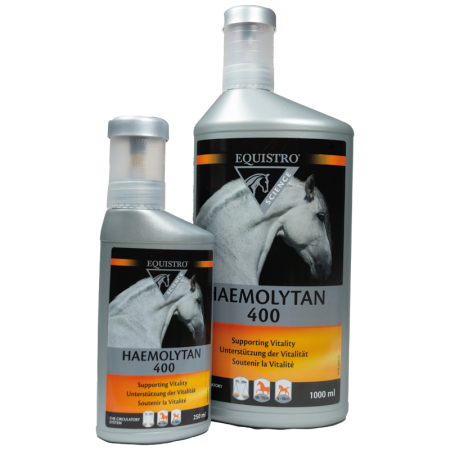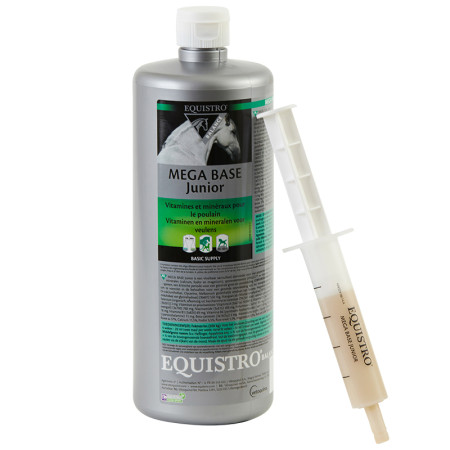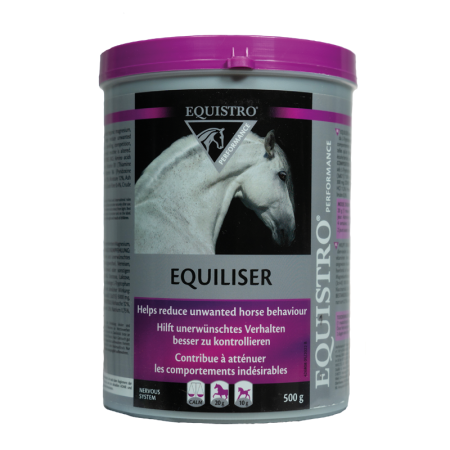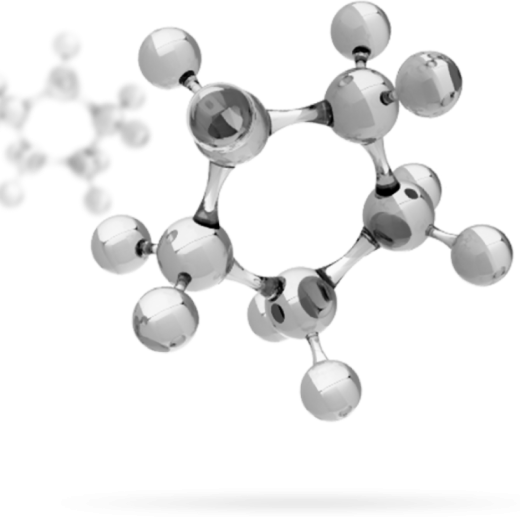
Vitamin B1
Description:
Vitamin B1 is also known as thiamin.
Function:
Vitamin B1 is necessary as a cofactor for enzymes catalyzing chemical cell reactions to produce energy during carbohydrate metabolism.
Sources:
Intestinal microbial synthesis and typical horse feed, in relatively high concentrations in cereal grains, cereal grain byproducts, protein supplements, brewer’s yeast.
Daily Requirements (NRC, 2007):
0.11 mg / kg body weight for working horses. 0.06 mg / kg body weight for all others.
Deficiency:
Severe reduction in the capacity of cells to generate energy. The earliest symptoms of vitamin B1 deficiency include constipation, appetite suppression, nausea, mental depression, peripheral neuropathy and fatigue. Chronic deficiency leads to more severe neurological symptoms including legs incoordination, mental confusion, loss of eye coordination, cardiovascular and muscular defects. Thiamin deficiency in horses fed typical feed ingredients has not been reported.
Excess:
Has not been reported, unlikely to result in conventional diet.
When problems may occur?
In case of high transit times (diarrhoea), microbial synthesis can be reduced by high gastrointestinal motility. Deficiency symptoms are related to thiaminases and antithiamine compounds in poisonous plants ingested e.g.(bracken fern) and to amprolium intake (coccidiostat drug used against an intestinal parasite).

